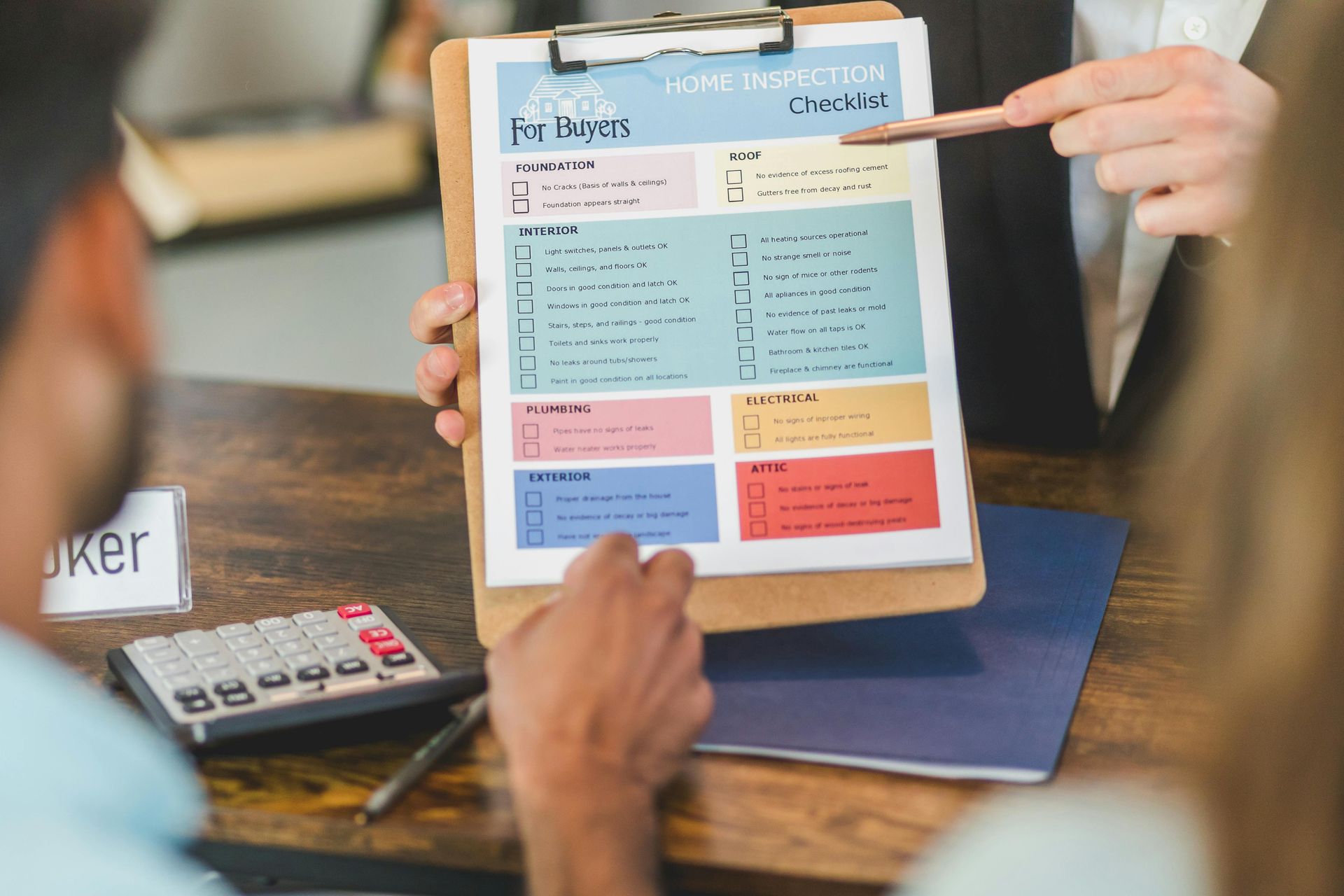When Your Landlord Drops the Bombshell: How to Buy the Home You’re Already Living In
Picture this: You’re settled into your rental home, maybe even thinking about staying another year or two. Then your landlord calls with unexpected news – they’re putting the house on the market. Suddenly, you’re facing a choice you weren’t prepared for: move out or figure out how to buy the place you’ve been calling home.

If this scenario sounds familiar, you’re not alone. Many renters find themselves in this exact situation, caught off guard but potentially sitting on a golden opportunity. Here’s your roadmap for navigating this unexpected journey from renter to homeowner.
Your First Priority: Get Pre-Approved for a Mortgage
Before you even think about making an offer, your absolute first step is getting pre-approved for a mortgage. This isn’t just a suggestion – it’s essential, especially when you’re working under pressure.
A pre-approval letter shows your landlord (now potential seller) that you’re a serious buyer with actual purchasing power. More importantly, it gives you a clear understanding of what you can afford, preventing you from falling in love with a purchase price that’s out of reach.
Contact multiple lenders to compare rates and terms. Since you’re already living in the property, you have the advantage of knowing its condition intimately – use this knowledge when discussing the loan with your lender.
Understand Your Legal Rights as a Tenant
Before panic sets in, research your local tenant rights. Some states and municipalities have laws that give renters first right of refusal when their rental property goes up for sale. This means you get the first opportunity to purchase before the property hits the open market.
Even without specific tenant purchase rights, you may have leverage in negotiations. Your landlord might prefer selling to you to avoid the hassle of showings, open houses, and dealing with multiple potential buyers while you’re still living there.
Assess Your Financial Readiness (Even If You Weren’t Planning to Buy)
Being forced into a buying timeline means you need to quickly evaluate your financial situation.
Take an honest look at:
Your savings: Do you have enough for a down payment and closing costs? Remember, you’ll need funds for inspections, appraisals, and moving expenses too (even if you’re not actually moving far).
Your credit score: A higher score means better loan terms. If your credit needs work, ask your landlord if they’re willing to wait a few months while you improve it.
Your debt-to-income ratio: Lenders want to see that your total monthly debts don’t exceed 43% of your gross monthly income.
Your employment stability: Lenders prefer borrowers with steady employment history. If you’ve recently changed jobs, be prepared to provide additional documentation.
Get a Professional Home Inspection
This step is crucial, even though you’ve been living in the house. As a renter, you may not have noticed issues that affect the home’s value or your future maintenance costs. A professional inspection can uncover problems with electrical systems, plumbing, HVAC, or structural issues that weren’t your responsibility as a tenant.
Use any discovered issues as negotiation points. Your landlord may be willing to fix problems or reduce the asking price rather than deal with these issues when selling to other buyers.
Determine Fair Market Value
Just because your landlord sets an asking price doesn’t mean it’s fair market value. Since you’re in a unique position as the current occupant, get a comparative market analysis (CMA) from a real estate agent or hire a professional appraiser.
Research recent sales of similar homes in your neighborhood. Your intimate knowledge of the property and neighborhood is an advantage here – you know about noise levels, neighbor relationships, and local conveniences that might not be apparent to other potential buyers.
Negotiate Like the Insider You Are
You have advantages other buyers don’t:
No financing contingencies for showings: You’re already there, so your landlord doesn’t have to deal with disruptions from multiple buyer visits.
Intimate property knowledge: You know what works and what doesn’t, which can streamline the negotiation process.
Motivated seller: Your landlord might prefer a quick, easy sale to someone they know rather than dealing with the uncertainties of the open market.
Use these advantages to negotiate not just on price, but on terms. Maybe you can negotiate a longer closing period to get your finances in order, or ask the seller to cover some closing costs.
Consider Creative Financing Options
If traditional financing feels out of reach, explore alternatives:
Seller financing: Your landlord might be willing to act as the bank, allowing you to make payments directly to them instead of getting a traditional mortgage.
Lease-to-own arrangements: You might negotiate to continue renting with a portion of rent going toward a future down payment.
FHA loans: These government-backed loans require lower down payments and have more flexible credit requirements.
First-time homebuyer programs: Many states and localities offer assistance programs with down payment help or favorable loan terms.
Don’t Skip the Paperwork
Even though you have an existing relationship with your landlord, treat this as a formal real estate transaction.
This means:
• Getting everything in writing
• Having a real estate attorney review contracts
• Following proper escrow procedures
• Getting title insurance
• Ensuring all local regulations are followed
Plan for the Transition
Remember, you’re transitioning from tenant to homeowner, which means new responsibilities.
Budget for:
• Property taxes (which may have been included in your rent)
• Homeowners insurance (different from renters insurance)
• Maintenance and repairs (no more calling the landlord)
• Potential HOA fees
• Utilities that may have been included in rent
When It Might Not Make Sense
Be honest about whether buying is right for you, even if it’s your current home. Consider walking away if:
• The asking price is significantly above market value
• You discover major structural or safety issues
• Your financial situation isn’t stable enough for homeownership
• The neighborhood doesn’t align with your long-term plans
The Silver Lining
While being forced to make a buying decision ahead of schedule can feel overwhelming, you’re in a unique position. You already know you like the house, the neighborhood, and the commute. You won’t have buyer’s remorse about the layout or wonder about the neighbors.
Many successful homeowners have started their journey exactly where you are now – with an unexpected opportunity that initially felt like a crisis. With careful planning, professional guidance, and honest assessment of your situation, you might find that this curveball is actually the perfect pitch.
Remember, you don’t have to navigate this alone. Reach out to mortgage professionals, real estate agents familiar with tenant purchases, and legal advisors who can help you make the best decision for your situation. Your current address might just become your first owned address – and that’s something worth exploring.
Start Your Mortgage Application with Treasure Coast Home Loans
Your Local Mortgage Broker
Mortgage Broker Port St. Lucie, Florida
Learn More About the Mortgage Process.
Check Out Our Google Verified Reviews










